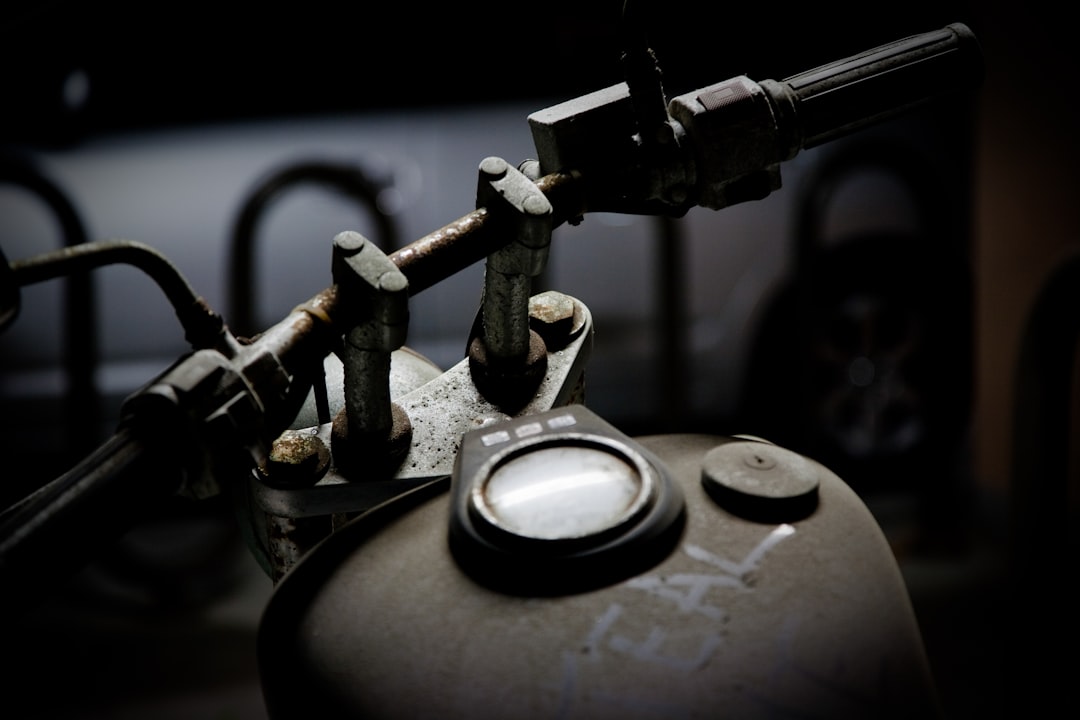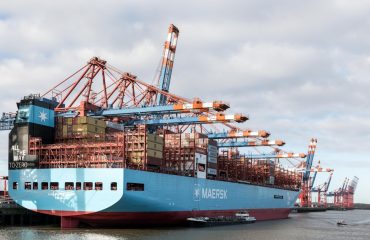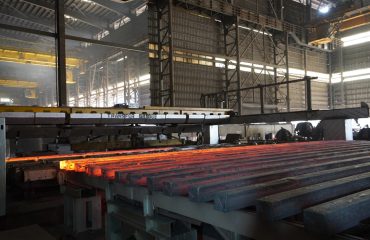Boiler tubes are the unsung heroes of power generation and industrial processes. These seemingly simple components are crucial for efficient heat transfer, driving everything from electricity production to chemical manufacturing. This comprehensive guide delves into the technology, materials, applications, maintenance, and future trends of boiler tubes, providing a detailed understanding of their vital role.
The Science of Heat Transfer in Boiler Tubes
The primary function of a boiler tube is to facilitate the efficient transfer of heat from a combustion source (like burning fuel) to water, generating steam. This process relies heavily on the principles of heat transfer, primarily convection and conduction. Convection involves the movement of heated water or gas, while conduction is the transfer of heat through the tube’s material itself. The design and material of the tube directly impact the effectiveness of this heat transfer. Factors like tube diameter, wall thickness, and surface area significantly influence the rate of heat exchange. Optimizing these factors is crucial for maximizing boiler efficiency and minimizing fuel consumption.
Different boiler designs employ different tube arrangements to maximize heat transfer. Water-tube boilers, for instance, circulate water inside tubes surrounded by hot gases, while fire-tube boilers pass hot gases through tubes surrounded by water. Each design presents unique challenges and opportunities in terms of tube material selection and operational parameters.
Boiler Tube Materials: A Balancing Act of Strength and Durability
The choice of material for boiler tubes is critical, demanding a balance between high strength, corrosion resistance, and thermal conductivity. Common materials include:
- Carbon Steel: Cost-effective and readily available, but susceptible to corrosion, particularly at high temperatures and pressures. Often used in lower-pressure applications.
- Alloy Steel: Offers improved strength, creep resistance (resistance to deformation under sustained stress), and corrosion resistance compared to carbon steel. Commonly used in high-pressure and high-temperature boilers.
- Stainless Steel: Excellent corrosion resistance, particularly in aggressive environments. Various grades offer different levels of strength and heat resistance, making them suitable for diverse applications.
- Non-Ferrous Metals: Materials like copper alloys and titanium are used in specialized applications where corrosion resistance is paramount, even at the cost of higher expense.
The selection of the optimal material depends on factors such as operating pressure and temperature, the type of fuel used, and the chemical composition of the water or steam.
Applications of Boiler Tubes Across Industries
Boiler tubes find widespread applications in numerous industries, each demanding specific material properties and design considerations:
- Power Generation: Large-scale power plants rely heavily on boiler tubes to generate steam that drives turbines, producing electricity. These applications often involve high pressures and temperatures, requiring robust and corrosion-resistant materials.
- Industrial Process Heating: Boiler tubes are crucial in various industrial processes requiring steam for heating, such as chemical processing, food processing, and paper manufacturing. The specific requirements vary depending on the process and the nature of the chemicals involved.
- Heating Systems: Smaller-scale boilers using boiler tubes provide heating for buildings and other structures. These applications may use less demanding materials and designs compared to industrial or power generation applications.
- Waste Heat Recovery: Boiler tubes can be used to recover waste heat from industrial processes, improving energy efficiency. This application often requires materials capable of withstanding fluctuating temperatures and potentially corrosive environments.
Maintenance and Inspection of Boiler Tubes: Preventing Catastrophic Failures
Regular maintenance and inspection of boiler tubes are crucial to ensure safe and efficient operation and prevent catastrophic failures. This involves:
- Visual Inspection: Regular visual checks for signs of corrosion, erosion, scaling, or other damage.
- Non-Destructive Testing (NDT): Techniques like ultrasonic testing, radiographic testing, and eddy current testing are used to detect internal flaws or weaknesses in the tubes without causing damage.
- Chemical Cleaning: Periodic cleaning to remove deposits and scale that can reduce heat transfer efficiency and accelerate corrosion.
- Tube Replacement: Damaged or worn-out tubes need to be replaced to maintain the integrity of the boiler system.
A comprehensive maintenance program, tailored to the specific operating conditions and tube material, is essential for extending the lifespan of the boiler and preventing costly downtime.
Future Trends in Boiler Tube Technology
Ongoing research and development focus on improving the efficiency, durability, and sustainability of boiler tubes. Some key trends include:
- Advanced Materials: Exploration of new materials with enhanced properties, such as high-temperature alloys and composites, to further improve heat transfer and corrosion resistance.
- Improved Manufacturing Techniques: Advanced manufacturing processes, such as additive manufacturing (3D printing), offer the potential to create tubes with optimized geometries and improved performance.
- Smart Sensors and Monitoring: Integration of smart sensors to monitor tube condition in real-time, enabling proactive maintenance and preventing unexpected failures.
- Sustainable Materials: Increased focus on using more sustainable and recyclable materials to reduce the environmental impact of boiler tube manufacturing and disposal.
These advancements will play a crucial role in enhancing the efficiency and reliability of boiler systems while minimizing their environmental footprint.
In conclusion, boiler tubes are vital components in numerous industrial applications, playing a critical role in efficient and safe energy production. Understanding their technology, materials, applications, maintenance, and future trends is key to optimizing their performance and ensuring the long-term reliability of boiler systems.




